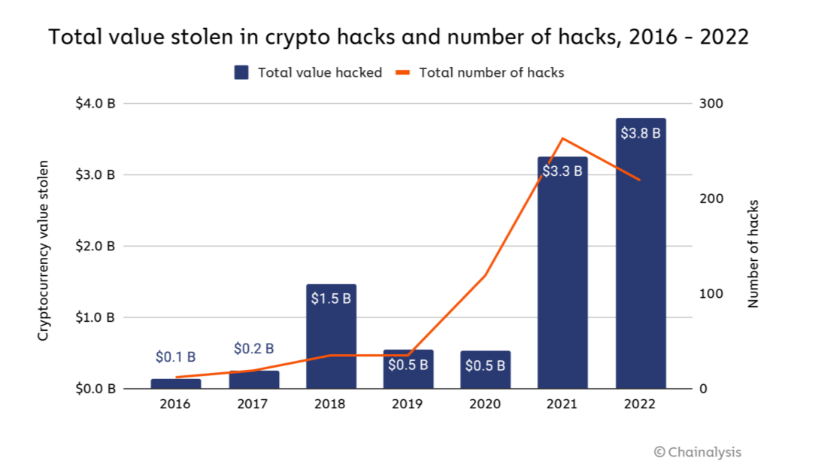With institutional and retail investors both turning their attention to AI last month, AI-related crypto tokens such as Fetch (FET), SingularityNET (AGIX), and Ocean Protocol (OCEAN) saw significant gains throughout January.
However, concurrent to those gains has been an uptick in scams, with @PeckShieldAlert announcing this week the discovery of several dozen scam tokens associated with Bing’s integration of ChatGPT.

The use of a honeypot scam is common in crypto. A honeypot scam involves a fraudulent offer to investors that they will receive extra funds after transferring an initial sum, but in reality, they will never receive their money back.
Today, with investor interest skyrocketing in AI in the wake of Microsoft’s eye-watering $10 billion investment into OpenAI’s ChatGPT, news of the language model going viral has also been a breeding ground for new forms of fraudulent activity.
Peck Shield’s analysis found that at least 20 tokens currently bear the name BingChatGPT on the market. Of these, 12 are on Binance’s BNB Chain, six have been created on Ethereum, and two more on Arbitrum.
According to on-chain analysis, a staggering 170 tokens are now using the ChatGPT name, with BNB the most common protocol for their issuance.
Neither Microsoft nor OpenAI has announced any official cryptocurrency projects.
The market for honeypots and other scams in crypto is, however, increasing.
Last year, crypto investors lost nearly $3.8 billion to hackers— up from $3.3 billion in 2021—according to a Chainalysis report.

Honeypot scams increasing
Between September 2020 and December 2022, it is estimated by Solidus Labs that over 200,000 fraudulent tokens were created, leading to more than 2 million investors falling victim to rug pulls and exit scams involving them.
On April 19, 2022, PeckShield suggested that the XTZ token could be a honeypot scam, which caused it to plummet by 99.97% within 24 hours. Despite this warning, over 5,000 crypto investors shilled into the token. A week earlier, the token surged over 700% in an hour. The project’s website and social media accounts remained active even after the significant drop, meaning that even after a project is discovered to be a honeypot scam, in some cases, investor interest will remain.
In the preceding year, the web3 project Squid Game (SQUID) was heavily hyped due to the popularity of the Squid Game Netflix series. The project scammers took off with $5.7 million from funds by draining the liquidity pool, using a website with multiple grammatical errors and featuring an anti-dump mechanism.
Credit: Source link




























